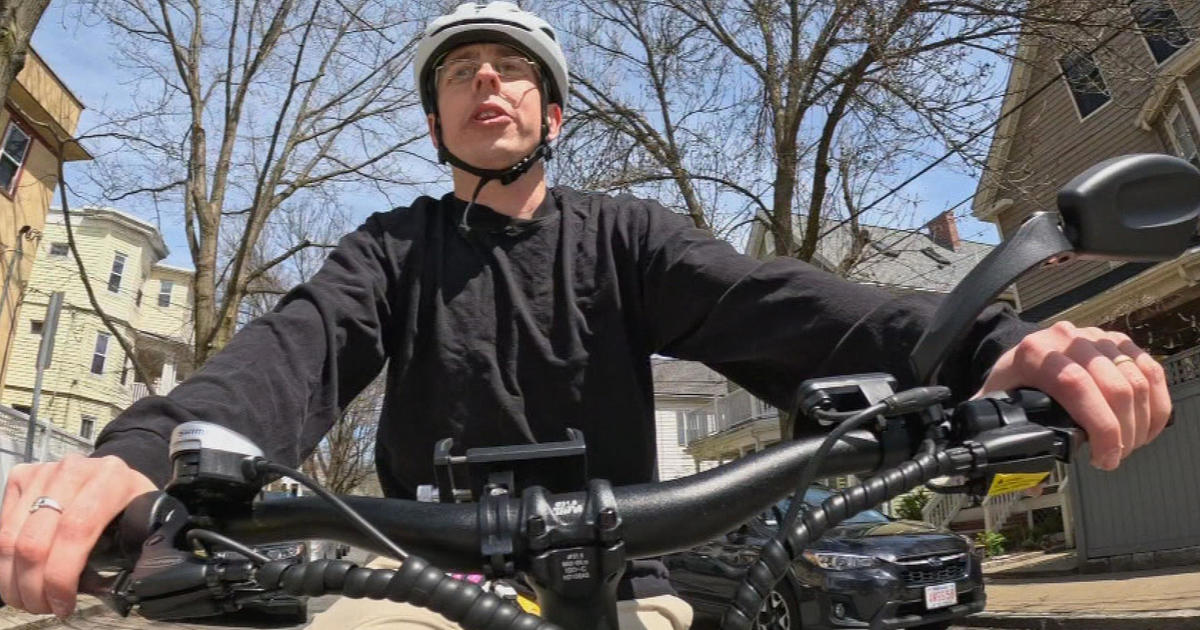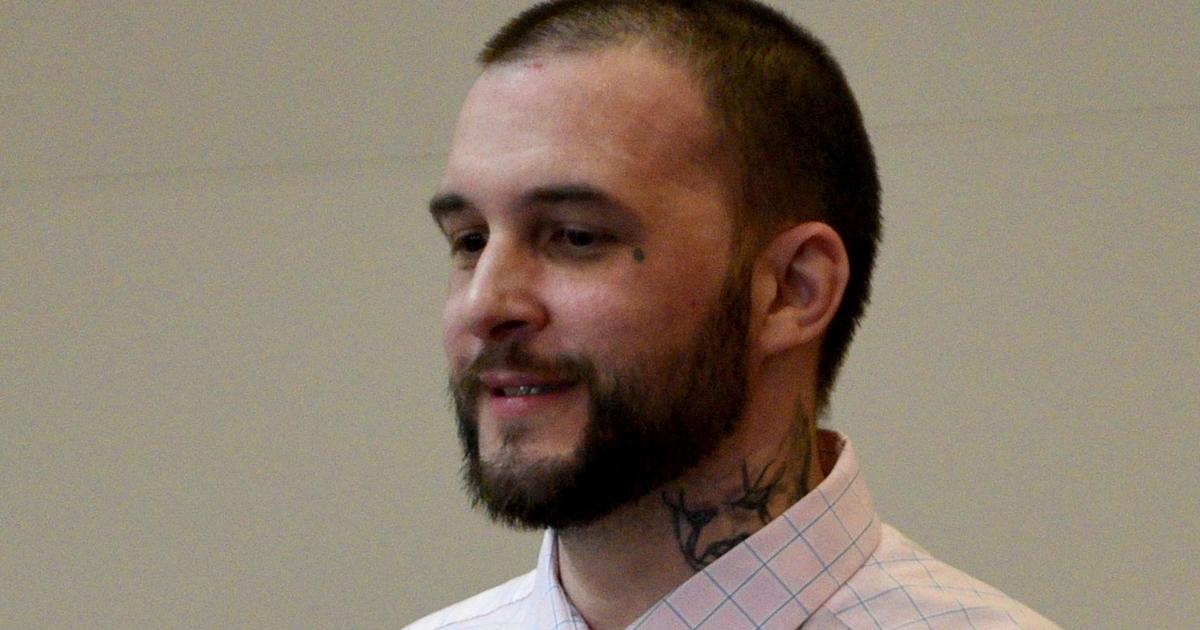Political Donors Using Super PACs To Hide Identities?
WASHINGTON (AP) — Independent political groups backing top Republican candidates are taking advantage of federal rules that essentially let them shield the identities of their donors until after important primary elections this month.
These political action committees, known as super PACs, notified federal election regulators in recent weeks that they intend to file their financial reports every month. Those requests, once approved, effectively will allow the groups to hold off disclosing the names of their contributors until after primaries in New Hampshire on Tuesday and South Carolina on Jan. 21.
Without the change, those groups would have had to file reports before the GOP primaries. That would have given voters a clearer picture of the wealthy activists who could have over-sized influence in the GOP race and the general election.
Just this past week, a new political committee supporting former Pennsylvania Sen. Rick Santorum made a similar request to the Federal Election Commission. It would delay the next filing deadline to Jan. 31 for the group, called the Red, White and Blue Fund. That's the date of the Florida primary, after which candidates with little money will find it hard to continue the race.
Groups backing GOP candidates Mitt Romney, Newt Gingrich and Jon Huntsman also have said they would begin filing monthly reports, which they said eases administrative burdens. Before then, these PACs filed reports quarterly, a practice they said required submitting tedious reports before each state's primary. Democratic-leaning super PACs have not yet asked for similar extensions.
The subtle administrative change is significant because such groups are expected to play a crucial role in this year's election.
In one case, the Romney-leaning Restore Our Future ran a series of attack ads against Gingrich that have been widely cited as a reason for the former House speaker's plummeting support. Gingrich placed fourth in the Iowa caucuses behind Romney, Santorum and Texas Rep. Ron Paul.
"It is secret money — you won't know until after the primaries have occurred who helped fund them," said Trevor Potter, a former Republican FEC commissioner and president of the watchdog group Campaign Legal Center. "Whether they're doing this for the right or wrong reasons, it's the opposite of what the disclosure system was designed to do."
Robert Kelner, a campaign-finance expert and partner with the Washington law firm Covington & Burling, noted that once the FEC approves the requests, the groups eventually will file disclosure reports more frequently. "It's sort of in the eye of the beholder if that's improving or undermining disclosure," he said.
The FEC has already approved requests from Restore Our Future and Huntsman-leaning Our Destiny PAC.
The new super PACs sprung from a series of federal court rulings, including the Supreme Court's Citizens United case in 2010 that stripped away restrictions on corporate and union spending in elections. The groups can't coordinate directly with campaigns but many of them active in this election are staffed by longtime supporters of the candidates.
As a result, campaign-finance watchdogs have assailed the rulings as a dangerous return to the pre-Watergate era. The filing changes also have the effect, they say, of shielding donors until dates when many candidates might likely drop out.
The super PACs, for their part, said they are doing nothing illegal, following established law and exercising their free-speech rights.
Restore Our Future treasurer Charles Spies said his political committee complies with FEC rules and has been above board disclosing the identities of its donors. His group was the first to ask the FEC — in a two-sentence request — for the fling change in December.
Democratic-leaning Priorities USA Action hasn't asked for a change in its filing frequency, nor has its GOP counterpart, American Crossroads, a group backed by former President George W. Bush adviser Karl Rove. Both have nonprofit arms that are regulated by the IRS and don't have to disclose their donors.
Super PACs have already spent millions on television ads and mailings to boost their favored candidates in Iowa. The Red, White and Blue Fund and Our Destiny have begun planning for ads in South Carolina.
___
Online:
FEC
____
Copyright 2012 The Associated Press.



